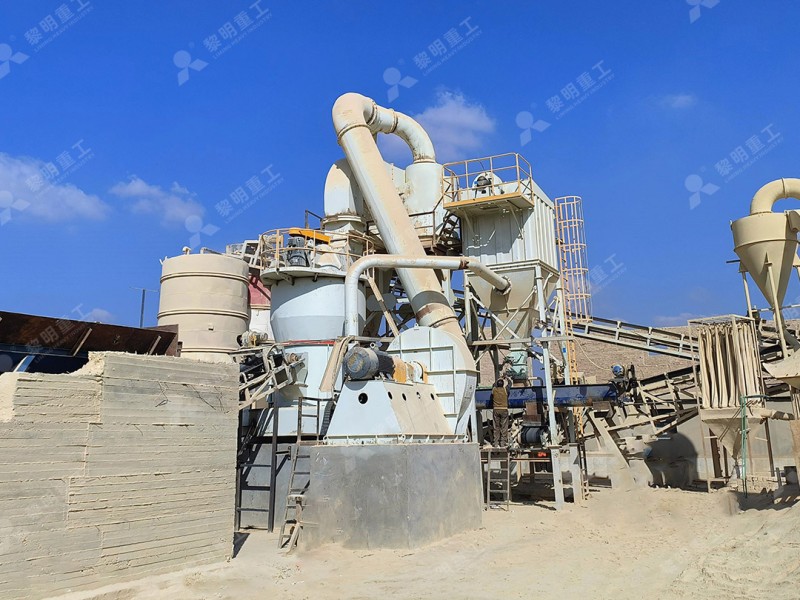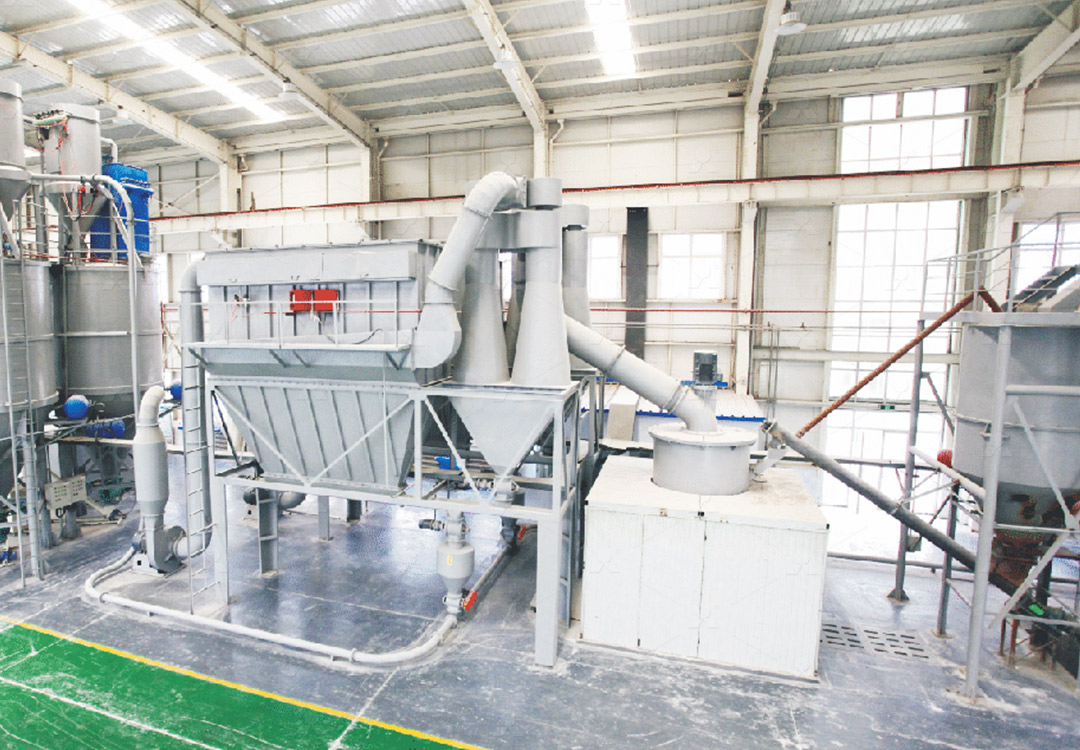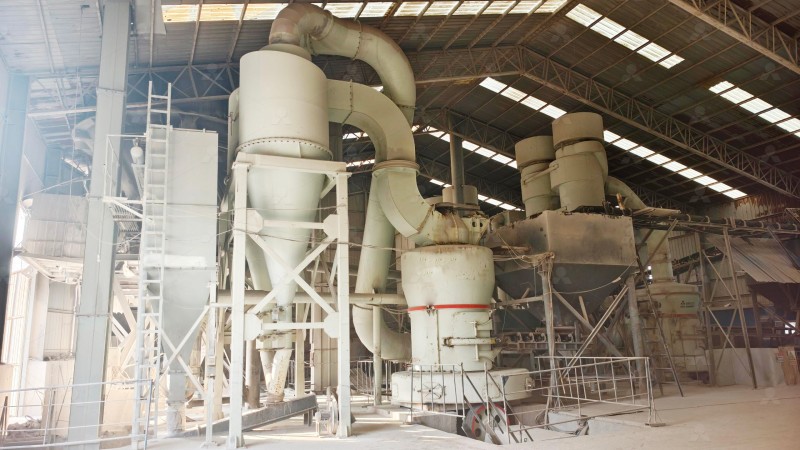Complete Graphite Grinding Plant Equipment for Industrial Applications
Complete Graphite Grinding Plant Equipment for Industrial Applications
In today’s competitive industrial landscape, achieving precise particle size distribution in mineral processing operations has become a critical factor for success. Graphite, with its unique combination of thermal conductivity, lubricity, and electrical properties, presents particular challenges in grinding operations due to its flaky structure and varying hardness. A complete graphite grinding plant requires specialized equipment capable of handling these characteristics while maintaining operational efficiency and product quality.

The selection of appropriate grinding technology directly impacts production costs, product quality, and environmental compliance. Traditional grinding methods often fall short when processing graphite to the fine and ultra-fine specifications demanded by advanced applications in batteries, lubricants, and high-temperature materials. Modern grinding solutions must address multiple parameters simultaneously: particle size distribution, shape preservation, contamination control, and energy efficiency.
Advanced Grinding Technologies for Graphite Processing
When designing a complete graphite grinding plant, engineers must consider the entire process flow from raw material intake to final product packaging. The heart of any such installation is the grinding mill itself, where material transformation occurs. For graphite applications requiring ultra-fine powders with tight particle size distributions, our MW Ultrafine Grinding Mill represents a technological breakthrough. With an input size capacity of 0-20 mm and throughput ranging from 0.5 to 25 tons per hour, this system delivers exceptional performance for demanding graphite applications.
The MW series incorporates several proprietary technologies that make it particularly suitable for graphite processing. Its innovative grinding chamber design eliminates rolling bearings and screws in the grinding zone, preventing contamination from mechanical wear – a critical consideration for high-purity graphite products. The absence of these components also reduces maintenance requirements and eliminates potential failure points that could compromise product quality.

Technical Advantages in Graphite Applications
Graphite’s layered crystal structure requires careful handling during comminution to preserve the desirable flake morphology. The MW Ultrafine Grinding Mill addresses this challenge through its precisely controlled grinding forces and adjustable operational parameters. The cage-type powder selector, incorporating German technology, enables precise control over final product fineness from 325 to 2500 meshes, with the capability to achieve d97≤5μm in a single pass.
Energy efficiency represents another significant advantage. Compared to conventional jet mills and stirred grinding mills, the MW system reduces energy consumption by approximately 30% while increasing production capacity by up to 40%. This efficiency gain translates directly to lower operating costs and reduced environmental impact – crucial considerations in today’s sustainability-focused manufacturing environment.
Integrated Plant Design Considerations
A complete graphite grinding plant extends beyond the core grinding equipment. Effective material handling, classification, and dust collection systems are equally important for optimal operation. The MW Ultrafine Grinding Mill integrates seamlessly with these ancillary systems, featuring an efficient pulse dust collector that ensures no dust pollution during operation. Additionally, configured silencers and noise elimination rooms maintain workplace noise levels within regulatory limits.
For operations requiring vertical grinding solutions, our LUM Ultrafine Vertical Grinding Mill offers complementary capabilities. With its input size of 0-10 mm and capacity range of 5-18 tph, this mill incorporates the latest grinding roller technology from Taiwan and German powder separating technology. The LUM’s unique roller shell and lining plate grinding curve generates material layers more effectively, enabling high rates of finished products through single-pass powder milling.

Operational Reliability and Support
Beyond technical specifications, operational reliability and maintenance support determine the long-term viability of any grinding installation. Both the MW and LUM series benefit from digitalized processing with numerically controlled operations for cutting, bending, planing, milling, and paint spraying. This precision manufacturing ensures consistent performance and dimensional accuracy, particularly for core components subject to wear.
The comprehensive spare parts supply chain and technical support infrastructure ensure worry-free operation. With businesses covering both production and sales, we take full responsibility for every machine we produce, offering customers complete technical services and original spare parts to maximize equipment availability and lifespan.
Frequently Asked Questions
What makes graphite particularly challenging to grind compared to other minerals?
Graphite’s flaky crystalline structure requires careful processing to preserve particle morphology while achieving target fineness. Excessive shear forces can destroy the desirable flake structure, reducing product value in applications where lubricity or conductivity matters.
How does the MW Ultrafine Grinding Mill prevent contamination of graphite products?
The mill’s innovative design eliminates rolling bearings and screws in the grinding chamber, preventing metallic contamination from wear parts. External lubrication systems further ensure that lubricants cannot contact the product stream.
What particle size range can be achieved with your grinding systems for graphite?
Our MW Ultrafine Grinding Mill can produce powders ranging from 325 to 2500 meshes, with the capability to achieve d97≤5μm in a single pass. The adjustable powder selector allows precise control over the final product distribution.
How do your grinding systems address energy efficiency concerns?
The MW series reduces energy consumption by approximately 30% compared to conventional jet mills while increasing capacity by 40%. Advanced motor designs, optimized grinding curves, and efficient classification systems contribute to these savings.
What support do you provide for complete plant installation and commissioning?
We offer comprehensive technical services from plant design through commissioning, including operator training and ongoing technical support. Our engineers work closely with customers to optimize system layout and integration with existing processes.
